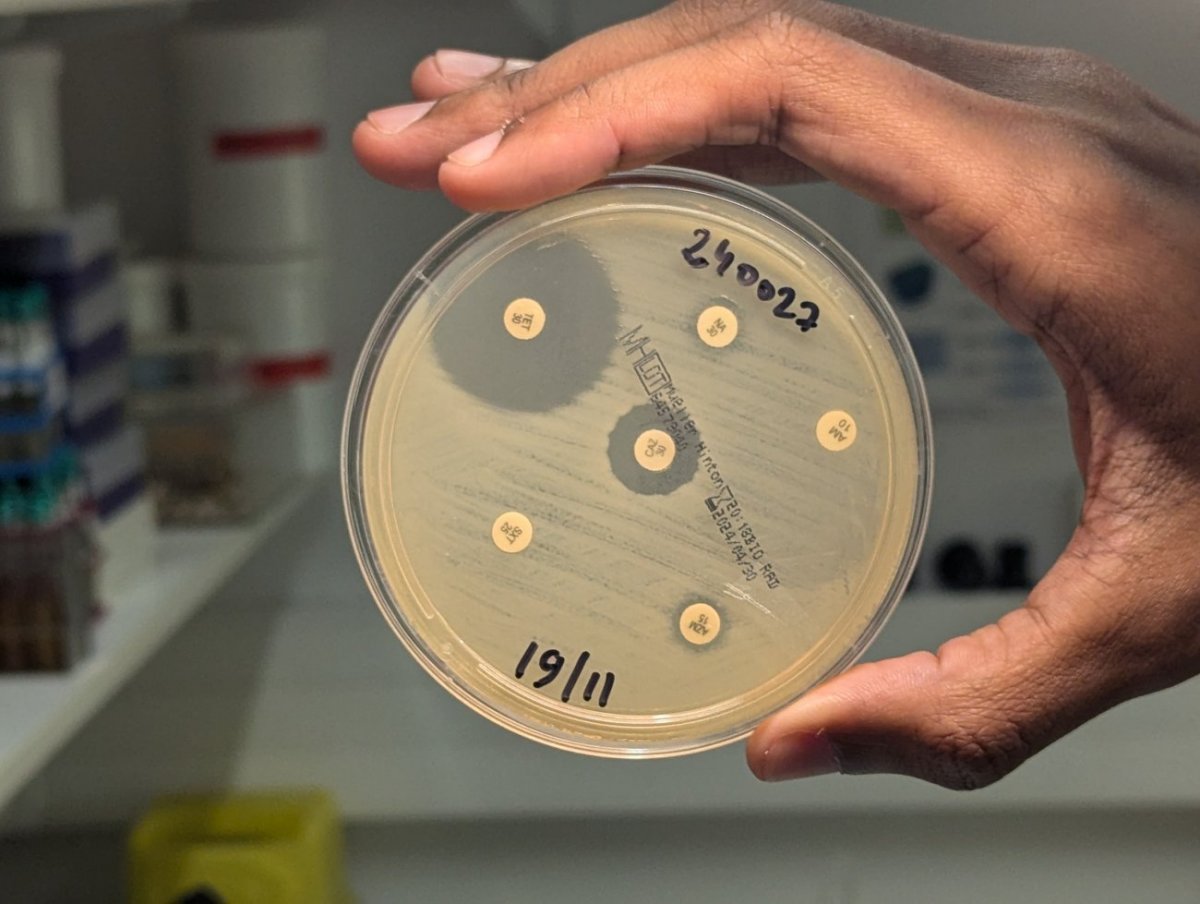Translation Google
An epidemic now over in Mayotte, but a situation that remains under surveillance
Press release
October 7, 2024
Mayotte experienced a cholera epidemic this year, which led national and local authorities to mobilize very strongly to ensure the health security of the population. In view of the absence of cholera cases in the territory since July 12, the Mayotte Regional Health Agency and Public Health France consider that the cholera epidemic is now over.
A strong mobilization of State services which will have made it possible to stem the spread of the bacteria and extinguish the epidemic signal
As soon as the first case of cholera was confirmed in the Union of the Comoros in February 2024, the Mayotte Regional Health Agency, in conjunction with national and local authorities, developed an ambitious response plan, the objective of which was to detect all suspected cases, and to manage and treat all cases of cholera in hospital, and to intervene quickly at patients' homes to disinfect living spaces and vaccinate and treat all contact persons. This strategy, combined with the implementation of preventive measures, will have contributed to significantly limiting the impact of the epidemic in Mayotte at the height of the crisis. Secondly, the organization of a vast preventive vaccination campaign in the most vulnerable areas (nearly 35,000 vaccinations carried out), the maintenance of water ramps in strategic sectors and the continued awareness-raising of populations on hygiene measures now constitute factors for protecting the population in the medium term.
The Prefect of Mayotte, the Mayotte Regional Health Agency and Public Health France would like to salute the unwavering commitment of health professionals, government services and community partners who have worked daily to meet this major challenge.
Maintaining high vigilance, particularly in light of the recent confirmation of new cases of cholera in the Union of the Comoros
Although the epidemic is now over in Mayotte, national and local authorities are maintaining a high level of vigilance in the territory, considering on the one hand the identification of new cases of cholera in the Union of the Comoros, and on the other hand the approach of the rainy season conducive to the re-emergence of various waterborne diseases.
In this context, the Mayotte Regional Health Agency and Public Health France are maintaining a high level of surveillance, at the points of entry into the territory and more broadly within the island with the network of health and associative partners.
Finally, the authorities point out that compliance with precautionary measures (consumption of drinking water, regular hand washing, management of excreta) remains the most effective way to protect against the transmission of various waterborne diseases.
An epidemic now over in Mayotte, but a situation that remains under surveillance
Press release
October 7, 2024
Mayotte experienced a cholera epidemic this year, which led national and local authorities to mobilize very strongly to ensure the health security of the population. In view of the absence of cholera cases in the territory since July 12, the Mayotte Regional Health Agency and Public Health France consider that the cholera epidemic is now over.
A strong mobilization of State services which will have made it possible to stem the spread of the bacteria and extinguish the epidemic signal
As soon as the first case of cholera was confirmed in the Union of the Comoros in February 2024, the Mayotte Regional Health Agency, in conjunction with national and local authorities, developed an ambitious response plan, the objective of which was to detect all suspected cases, and to manage and treat all cases of cholera in hospital, and to intervene quickly at patients' homes to disinfect living spaces and vaccinate and treat all contact persons. This strategy, combined with the implementation of preventive measures, will have contributed to significantly limiting the impact of the epidemic in Mayotte at the height of the crisis. Secondly, the organization of a vast preventive vaccination campaign in the most vulnerable areas (nearly 35,000 vaccinations carried out), the maintenance of water ramps in strategic sectors and the continued awareness-raising of populations on hygiene measures now constitute factors for protecting the population in the medium term.
The Prefect of Mayotte, the Mayotte Regional Health Agency and Public Health France would like to salute the unwavering commitment of health professionals, government services and community partners who have worked daily to meet this major challenge.
Maintaining high vigilance, particularly in light of the recent confirmation of new cases of cholera in the Union of the Comoros
Although the epidemic is now over in Mayotte, national and local authorities are maintaining a high level of vigilance in the territory, considering on the one hand the identification of new cases of cholera in the Union of the Comoros, and on the other hand the approach of the rainy season conducive to the re-emergence of various waterborne diseases.
In this context, the Mayotte Regional Health Agency and Public Health France are maintaining a high level of surveillance, at the points of entry into the territory and more broadly within the island with the network of health and associative partners.
Finally, the authorities point out that compliance with precautionary measures (consumption of drinking water, regular hand washing, management of excreta) remains the most effective way to protect against the transmission of various waterborne diseases.


Comment